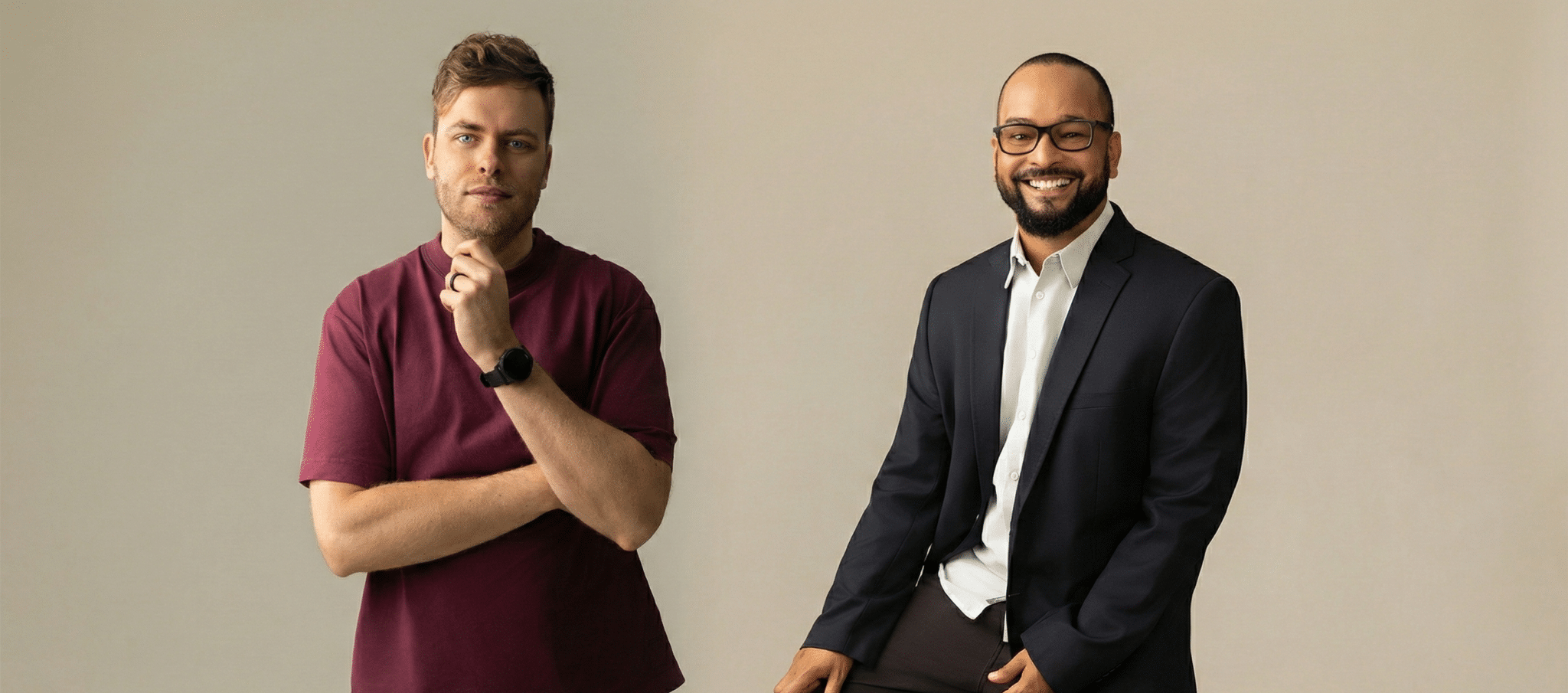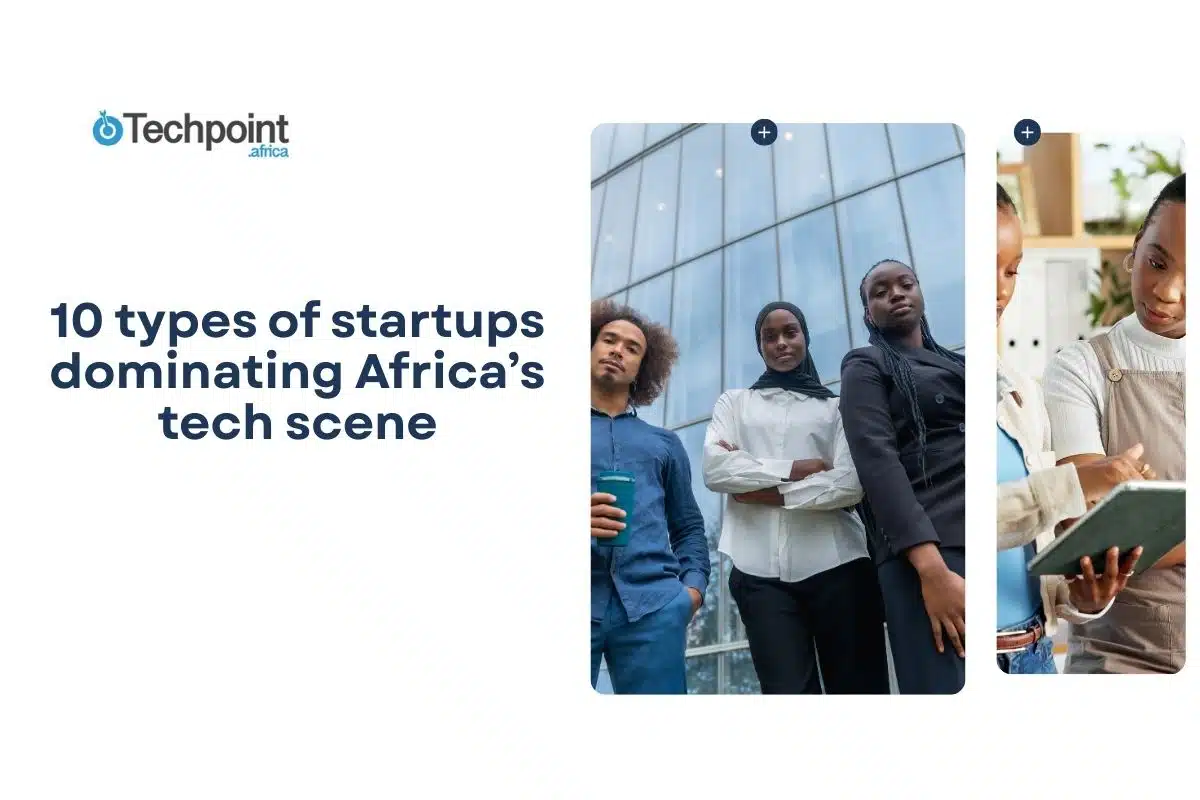At least 79% of Nigerians are not covered by any form of health insurance, forcing them to pay out of pocket for medical bills. With 46% of the population living in poverty, many Nigerians ultimately have to choose between paying for healthcare and meeting a myriad of other essential needs.
For the over 60 million individuals who are employed and live on a monthly salary cycle, Nigerian healthtech startup Advantage Health Africa wants to ensure they do not have to make that choice.
Last week, the startup launched a Buy Now, Pay Later (BNPL) product that allows eligible Nigerians to access all types of medication, up to a limit of ₦50,000, and repay within 30 days.
“Buy now, pay later recognises that there’s a time in the life of a salary earner when their pocket is empty,” Abimbola Adebakin, Founder and CEO of Advantage Health Africa, tells Techpoint Africa.
“Because we’re a country where people still have to pay out of pocket for healthcare, that empty pocket means they can’t access healthcare, and our mission at AHA is to enable access, affordability, and quality.”
Advantage Health Africa is introducing the service via WhatsApp, in line with its long-standing approach of beginning with manual processes before automating.
To determine eligibility, the startup is partnering with the CRC Credit Bureau. Adebakin adds that the company is actively pursuing partnerships that can expand the scope of individuals it can cover.
According to Adebakin, the idea for a BNPL solution came from the understanding that credit histories are intangible currencies that could unlock value for patients. However, Advantage Health’s offering differs from traditional BNPL services by fintechs in a few ways.
For one, patients are given a strict 30-day repayment period, which mirrors the credit terms the startup receives from its suppliers, terms it extends directly to users. Secondly, no interest is charged. Instead, users pay a flat service fee of ₦2,500, regardless of the cost of their medication. Additionally, no initial installments are required.

Victoria Fakiya – Senior Writer
Techpoint Digest
Make your startup impossible to overlook
Discover the proven system to pitch your startup to the media, and finally get noticed.
Customers whose prescriptions exceed the ₦50,000 limit will have to pay the difference out of pocket. While not a perfect solution, it ensures that individuals who need medication don’t have to go without one simply because they’re waiting for payday.
Although users don’t receive cash directly, there’s still a risk of default. To mitigate this, the startup will rely on strict eligibility screening through credit bureaus and, if necessary, ethical debt collection. Still, it hopes the healthcare focus of the service will discourage abuse.
Why this matters
With the global cost of living on the rise, many patients are increasingly unable to afford medical treatments, prompting calls for innovative financing models.
While much of the focus has traditionally been on expanding insurance coverage, BNPL in the healthcare space, often called care now, pay later, is also gaining traction. In the US, for example, Affirm has introduced BNPL financing for dental services, medical devices, and even veterinary procedures.
Proponents of BNPL in healthcare highlight benefits such as immediate access to treatment, reduced payment risk, simplified approvals, and higher patient retention.
Against this backdrop, launching BNPL for healthcare in Nigeria is not just a bold move but one that could significantly improve healthcare outcomes for millions. In a struggling economy where numerous needs compete for limited funds, such a model could be transformational.
However, sustainability will be key. Advantage Health Africa currently provides this service thanks to credit facilities from its suppliers. But if defaults rise, it could strain those relationships or force the company to halt the offering altogether. There’s also the risk of abuse, but Adebakin assures that only customers with a valid prescription can access the service.
Since its inception, Advantage Health Africa has generated over $6 million in revenue and served more than 100,000 users. Having stayed bootstrapped, the startup is now raising funds, part of which it will dedicate to expanding its BNPL coverage.











